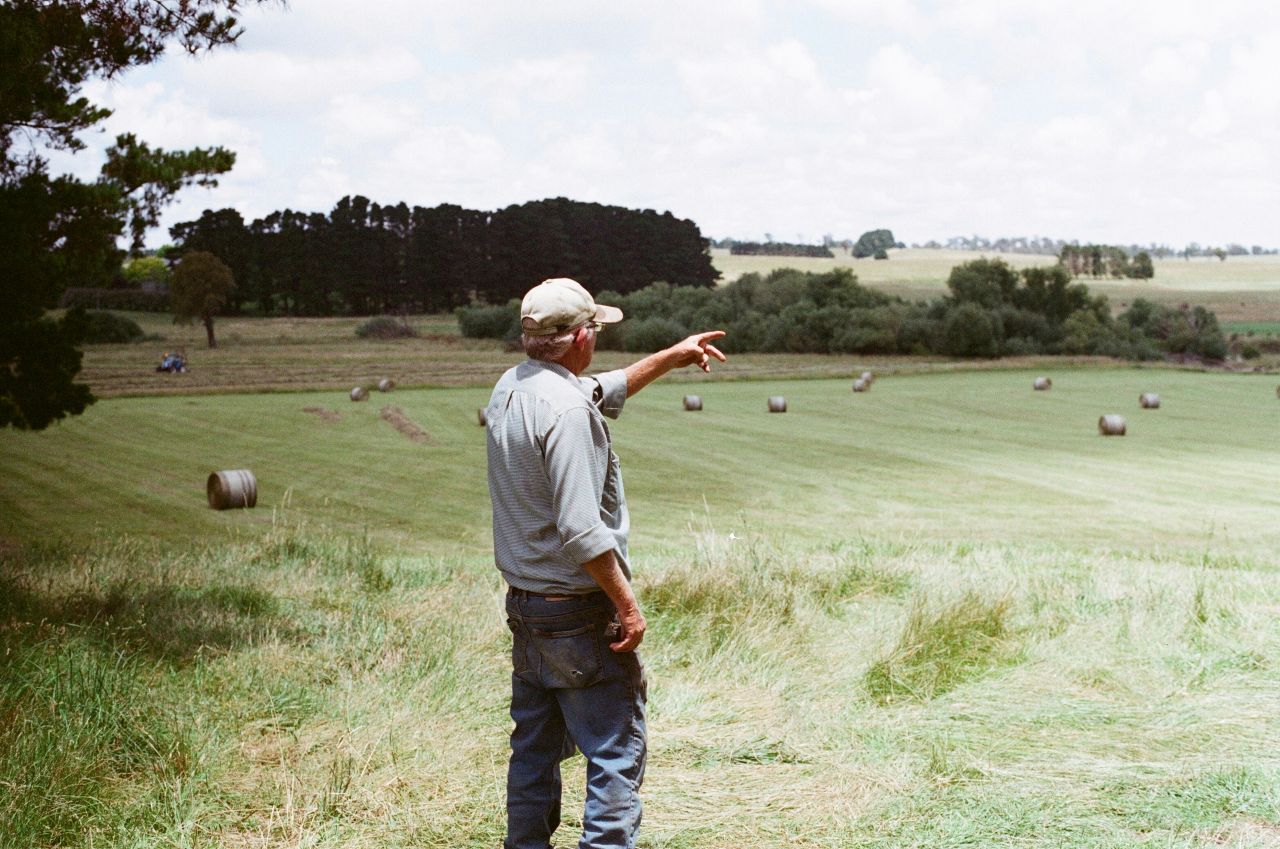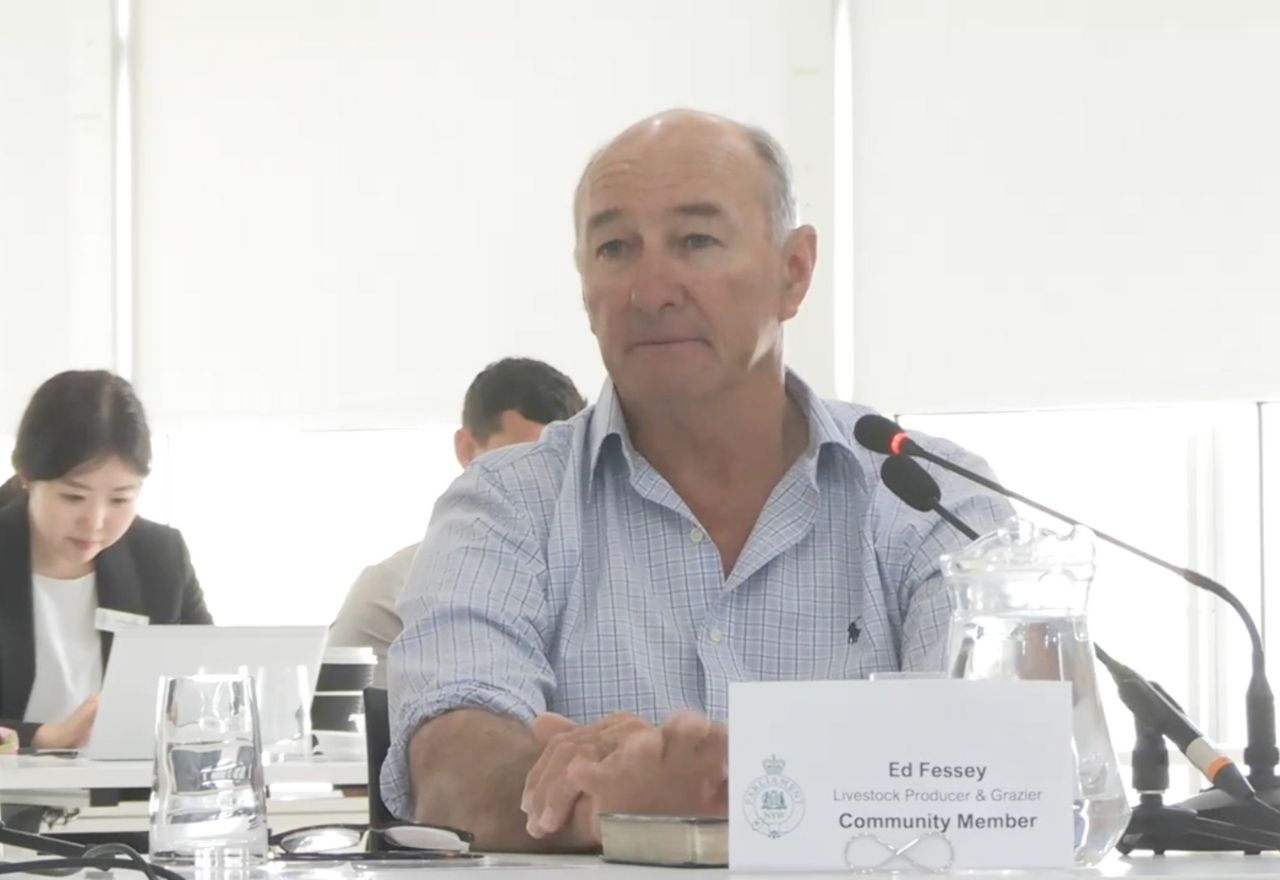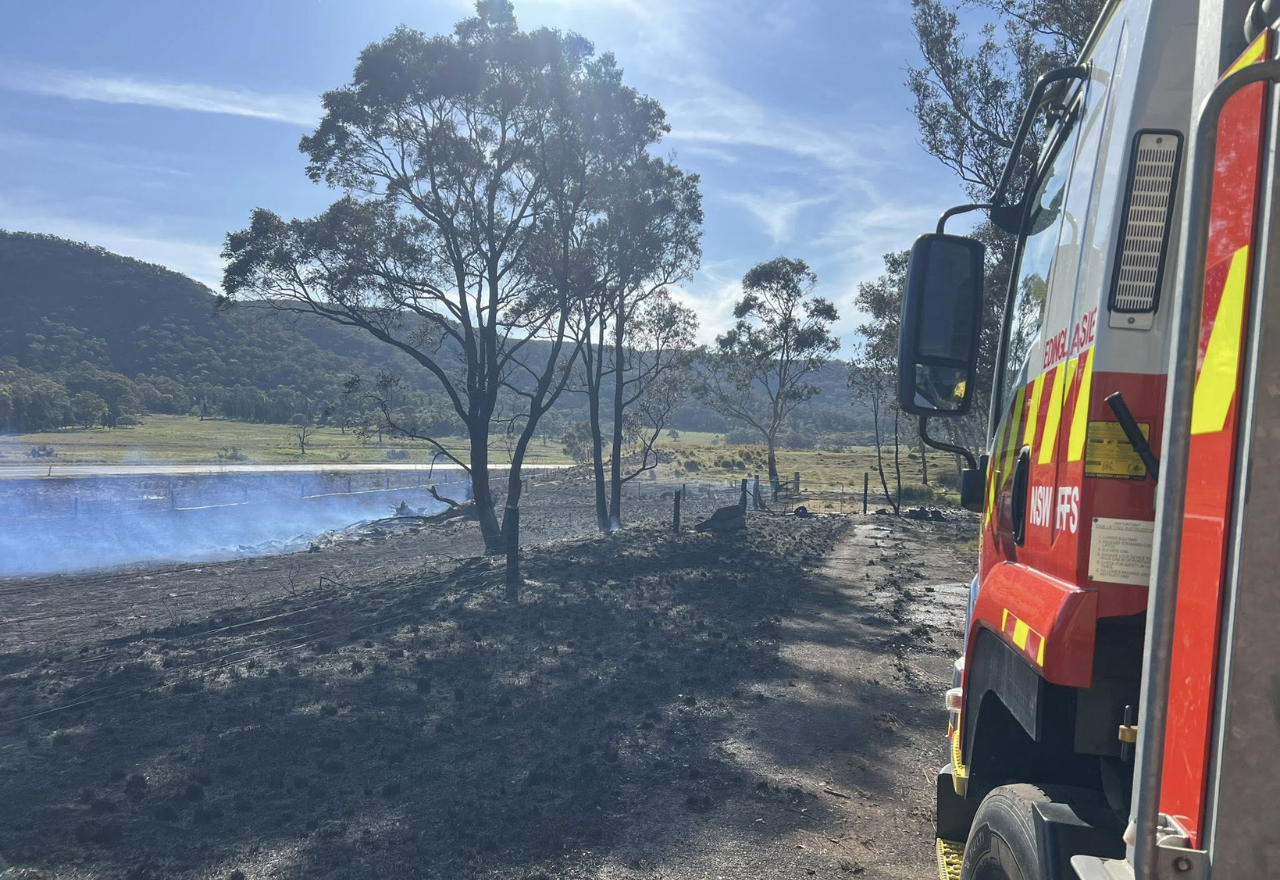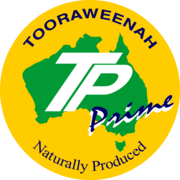Scrapped 'unrealised gains' super tax a relief for farmers
Kristin Murdock
14 October 2025, 6:40 AM

The Federal Government’s decision to overhaul its proposed superannuation tax for farmers has been welcomed across the bush.
Under changes outlined by Treasurer Jim Chalmers, the plan to tax unrealised gains in super has been dropped.
The proposal will now be indexed, with balances between $3 million and $10 million taxed at 30 per cent, and balances over $10 million taxed at 40 per cent.
NSW Farmers’ President Xavier Martin said years of advocacy had helped steer the policy away from taxing paper gains.
“The government wanted to tax money people hadn’t earnt, because they’ve supposedly made money on assets they hadn’t sold – and it’s good to see they’ve finally seen sense on this super tax,” Mr Martin said.
He warned the original draft would have hit families who hold land in self-managed super funds.
“Thousands of Aussie farming families have their businesses or farm assets in self-managed superannuation funds, and this tax would have crippled them if it had gone ahead unchanged,” he said.
“Farmers now have a shot at a brighter future, where they can continue to feed the world and use superannuation structures to support succession planning, without senseless taxes to cripple them.
"It’s a good day to be a farmer, and we’d like to thank our Treasurer and those on all sides of Parliament who drove these changes on the nation’s behalf.
"They’ve done the right thing by the people who feed and clothe our wonderful country.”
On the ground in the Central West, Murray Darling Partners Accountants and Business Advisors accountant Richard Heckendorf ho is based at Trangie, said the original plan set off alarm bells for clients holding farmland within SMSFs.
“It was a concern.
"We had some clients that were impacted and would have had to make some significant changes to their affairs to deal with it,” he said.

One of the major concerns of the implications of the proposed super tax was the impact on passing the land down to future generations.
“The compliance burden around valuing farm assets every year was an issue in itself.
"It wasn’t clear how exactly they were going to do it, but it involved having to get formal valuations done every 12 months.
"The extra compliance, and then cost of complying with that tax, just added another layer of complexity.”
Cash flow, he added, was the obvious pinch point when the “gain” exists only on paper.
“Most those super funds that held these sort of properties, but no cash to actually pay the tax itself,” he said.
“Essentially, the only way to resolve it, for a lot of these people was to actually sell the property or transfer it out.
"If you’re under retirement age, you’ve got a big problem.
"Selling the property is obviously not an option - that’s the family farm.”
While the unrealised-gains element has been shelved, Mr Heckendorf cautioned farmers to stay engaged with the ever changing superannuation sector.
“My clients are relieved for the time being, but new legislation and rules are introduced all the time," he said.
The changes remove the immediate threat to intergenerational planning and reduces a compliance impost that would have landed hardest in regional Australia, meaning farmers can get back to doing what they do best.
“The shift away from taxing unrealised gains means families can keep focusing on running their businesses and planning succession, rather than scrambling to fund a tax bill based on “thin air,” Mr Heckendorf said.



